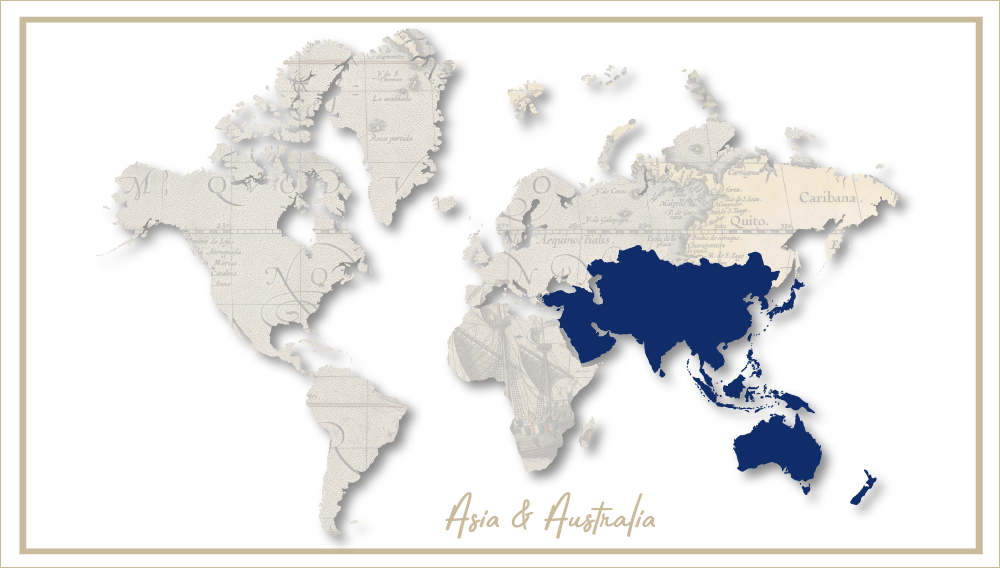The binge drinking debate… cont.
The federal government moved on 27 April to increase the excise on alcohol in alcopops (RTDs) from AUD 39 to AUD 66 per litre, in response to a report showing a spike in binge drinking by teenage girls.
The 2007 national drug strategy household survey revealed that almost twice as many girls aged 14 to 19 consume alcohol at a level that has a high risk of long-term harm than boys of the same age, reports John Harvey from Adelaide.
Also, more girls consume alcohol at a level leading to high-risk short-term harm. Federal health minister Nicola Roxon said that “there is a disturbing culture of behaviour among young Australians, especially girls and it is well established that alcopops play a major role in hooking young girls on drinking…something needs to be done to reduce the attractiveness of alcopops to young girls and to deliver a greater investment in preventative health.” The government will dedicate the additional revenue to funding preventative health programmes.
The move restores excise for RTDs to the spirits rate, as applied prior to 2000. As part of the introduction of GST in that year, excise on high sugar alcopops was reduced, thus creating a situation whereby the tax was lower for products purchased in pre-mixed form. The federal government now blames the previous Liberal administration for this blunder, saying “it is to blame for the rapid rise in teenage alcohol abuse, caused by an absolute explosion in the sale of these products”. This statement by health minister Roxon was slammed by opposition leader Brendan Nelson as “an outrageous slur”.
Continuing the debate on alcohol abuse, the Rudd government’s preventative health task force has proposed that “liquor excise should be based on alcohol content, not what the drink looks like.” This call follows the 70 percent increase in tax on alcopops, which exposed (once again) the widely inequitable taxation of different forms of alcohol in Australia.
Currently, beer and wine are taxed less heavily than spirits and thus an alcohol-based uniform tax rate would be welcome to the spirit sector. Such a system could result in significant increases in costs – beer could rise by AUD 0.45 a glass and wine AUD 0.65 (EUR 0.28 or EUR 0.40).
The role of advertising
The attitude of many younger people to a proposed advertising campaign about the dangers of binge drinking is well illustrated by the remarks of a young columnist… “I am not interested in seeing gory ads about the dangers of drinking. Like my cigarette-puffing friends’ reactions to the medical-drama type ads on fag patches, I think it will just make me turn off. But intelligent advertising - like the quirky ads about skin cancer - has sent me running to my doctor for mole checks.”
In New Zealand, an alcohol help line reported that graphic advertisements about binge drinking have prompted complaints but also calls for help. The campaign, mounted by the Alcohol Advisory Council, shows a young man slamming a child into furniture; a young woman becoming prey in a dark alley and a dad found by his daughter covered in blood and vomit after a violent night at the pub.
Industry responses
Terry Mott, CEO Australian Liquor Stores Association (ALSA), suggests that the current dramatic increase in media coverage of alcohol-related issues may be the result of a well-orchestrated campaign by some vested interest groups. The campaign puts increased pressure on the new federal government to examine population control approaches to alcohol consumption, consider tax increases and influence the review of consumption guidelines. He points out that total apparent alcohol consumption by those 15 years and over has not changed significantly in the last decade, supported by a recent report by the Australian Institute of Health & Welfare concluding that “there is no trend in the proportion of the population that consumes levels of alcohol leading to long-term alcohol-related harm.”
Gordon Broderick, Executive Director of the Distilled Spirits Industry Council of Australia (DSICA), considers that “as people are responsible for their behaviour, a well-judged mix of help and sanctions for young binge drinkers should reinforce that responsibility… the liquor industry should see what part it can play in supporting this because many of the problems are local in nature and are best solved with local solutions, rather than new national or state-wide regulations.” The industry itself should not be penalised.
Violence is rife
New research shows that 14 million Australians believe there is a direct link between recent increases in binge-drinking and alcohol-related violence and that one in five of those surveyed had been affected by alcohol-related violence. The release of the Roy Morgan survey, which also indicates that about half the population are concerned about the issue of binge-drinking, coincided with the formation of the National Alliance Against Alcohol Related Violence, comprising 25 national organisations and led by the Alcohol Education & Rehabilitation Forum (AER). The new alliance is urging the federal government to change the system of alcohol taxation in order to encourage the creation and marketing of more low-alcohol products and to review the number of outlets and their trading hours. However, the alliance said that it was not “anti-alcohol” as it recognises that alcohol is a part of Australia’s culture.
A new book by Dr Lyn Martin of the University of Adelaide, entitled “Alcohol, Violence and Disorder in Traditional Europe”, is currently in the hands of the publisher. The topic is timely with recent concern expressed about binge drinking and violent behaviour of young people in Australia. The author maintains that in Europe from 1300 to 1700 the levels of violence and alcohol consumption were considerably higher than today. His somewhat surprising conclusions are that the association between violence and alcohol was weak, and that binge drinking was more likely to result in a decrease of violent behaviour rather than an increase.

